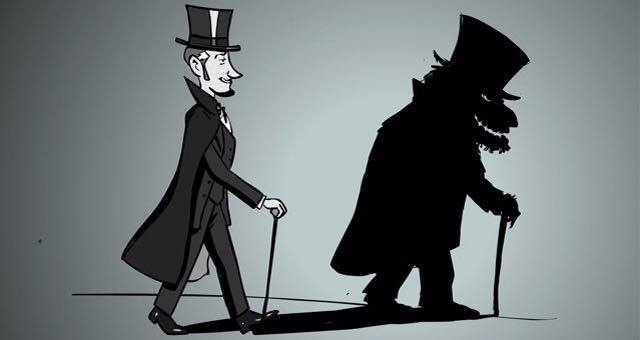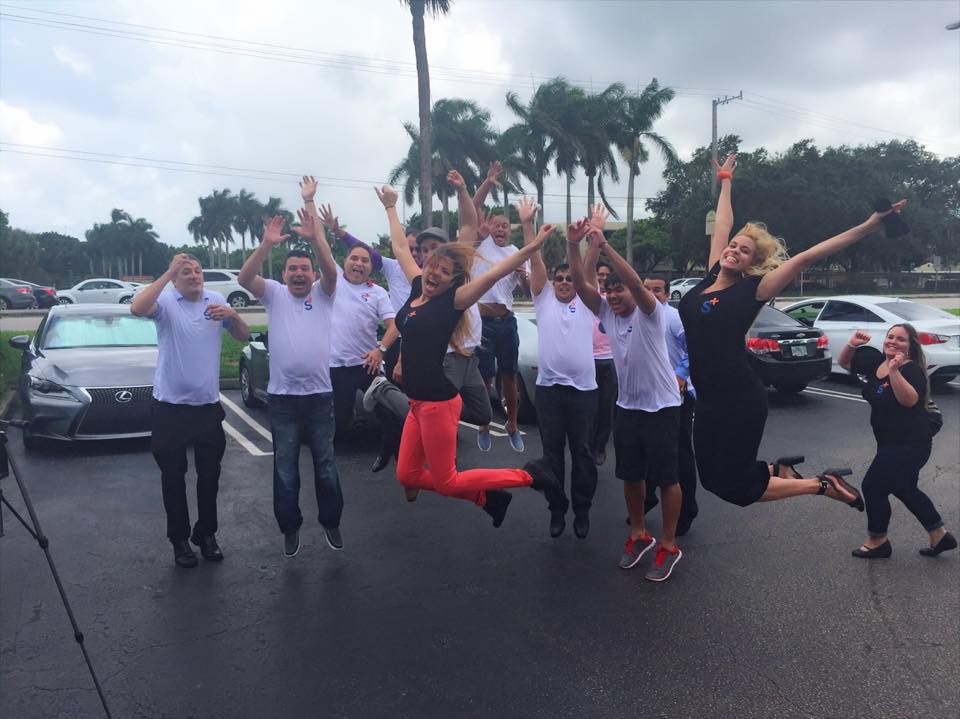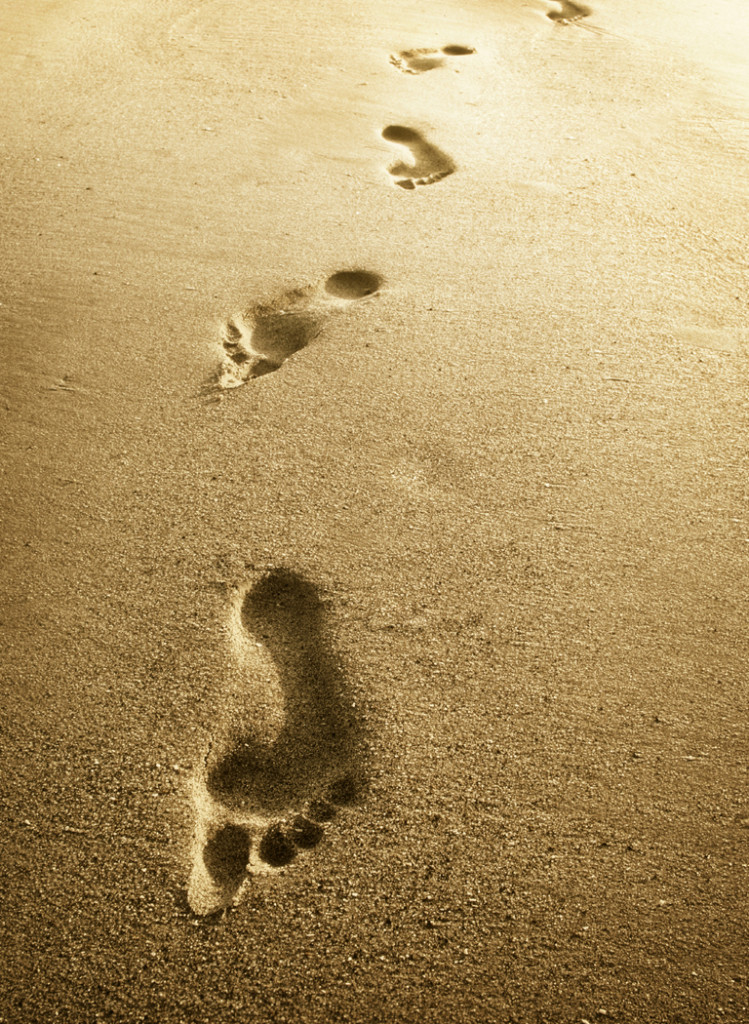Somos+,Niurvys Roca, 22 February 2016 — Why is it that in Cuba we have elections in the schools, but there are no mechanisms for choosing the officials who represent our country? This is where my suspicion that we’ve accepted a great hypocrisy began. We’re taught from grade school to elect representatives who organize things and see to our needs, but then that doesn’t exist in the lives of Cuban citizens. Yet there once was a time when I believed school was training us to be decent people; I thought everything we learned there would also apply to everyday life later on.
It was the beginning of the school year and the School of the Arts was holding its annual election for the High School Students Association (Federación Estudiantil de la Enseñanza Media or FEEM). The elected student leaders would see to it that everything worked properly, would defend their fellow students’ rights, and would present their classmates’ most pressing needs to the folkloric personages whose job it was to see to those needs and offer solutions to problems. continue reading
We loved those election days. Everyone voted in secret, then students and professors gathered to learn the results. That year was different; my name was being whispered through the halls, and I was elected to represent the students. At first, I was none too happy about it. I thought I should be focusing on my studies; serving in student government would take a lot of time. Later, I realized I could do a lot to help my classmates and decided to take on the responsibility.
It all started off nicely. Among other things, we suggested reforms in areas we didn’t think were working very well. We also proposed ways of listening to students on a more personal level, and means of providing tutors for students who needed remedial training, as well as more hands-on attention for scholarship recipients.
That semester I had to work triple-time. In the morning, I had courses in my specialization, in the afternoon I had other courses, and there were almost always meetings, as well. These were held far from school, which affected the time I could spend in class. I remember getting home after 10 p.m. just to wake up at 4 a.m. the next morning because the P1 bus usually didn’t stop to pick up passengers at my stop. It was exhausting, but always worthwhile.
About halfway through my term as president, a shocking discovery was made: I was not a member of the Communist Youth League! That was when a man — I remember him: tall and dark-haired, with almond-shaped eyes — began coming to see me. Initially, his tone was friendly and concerned, but it quickly grew severe and even threatening. Sometimes I was pulled out of class in order to speak to him. I couldn’t understand how he could be more important than my classes, especially since he always said the same thing.
His concern was that I should become a militant in the Communist Youth League. I gave him the same answer over and over: “My mother lives in a so-called enemy country, and I need what she sends me for food and clothing. I don’t think anyone should be a militant in the Youth League without being a Communist. A good Communist proclaims equality without hypocrisy. To be a Communist, I must eat only what the Revolution provides, and I don’t know how other people do that but I can’t. Maybe I’ll have enough to live on when I start working, and then I’ll think about joining the League. Right now, I have to live up to my ideals, and refrain from proclaiming that everyone is equal, or else live by a double standard in order to appear equal to everyone else and comply with the norm.” I would end up adopting the kind of fake commercial smile that my boyfriend hates, which I put on when I dislike someone but have to get along with them just a few minutes longer.
The man harassed me for weeks. He even forced me to go to meetings where I remember expressing my dissent; my being there didn’t resolve anything. They talked about people in derogatory terms and I was constantly being pressured to join the Youth League even though I’d said again and again that it wouldn’t be possible. It was a tough time, but luckily I knew a million ways of evading the man without him spotting me. My friends, as a joke on him, would tell me when he was hot on my trail, and I managed to avoid 95% of his visits. His ultimatum was that I couldn’t be a student leader because I didn’t have a Communist Youth League ID card, to which I replied calmly, while at the same time letting him know he couldn’t play that game with me, “That’s not for you to decide. It’s for the people I represent to decide.”
I stayed on as president. The man, who couldn’t intimidate me — I only felt sorry for him — never shook any of my convictions: I know reality was not on his side. It was a truly enjoyable phase of my life; studying, writing essays, working on projects with amazing people who were focused on serious plans for their lives, and some teachers I will never forget. What I’m saying is that the weak minds that threaten us are just that: weak minds, other people’s victims. A man like that was no match for a 17-year-old girl.
I did things right. I wasn’t afraid to express my ideas. I knew the students were on my side because they saw me working hard for them. If we all achieve inner freedom, I am certain that all the tall men with dark hair and almond-shaped eyes will lose their power. No more excuses. Our first step is to gain inner freedom and practice change. If a 17-year-old girl can do it, so can you. Let’s begin by respecting what our hearts dictate, not our material needs, and confronting all challenges directly. There is nothing more beautiful in this short life than to be free within ourselves. If we desire a free nation, then let’s start acting like free men and women. If this idea catches on among eleven million Cubans, Cuba will be ours again.
Translated by Anabel Acevedo, Karina Aguaiza, Nicole Cantos, Kimberly Espinoza, Diego Maya, Ariel Pabon, and Sandy Sosa





